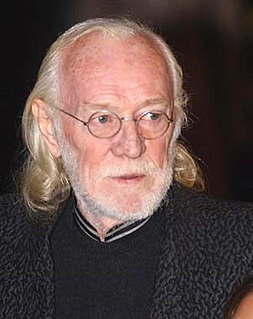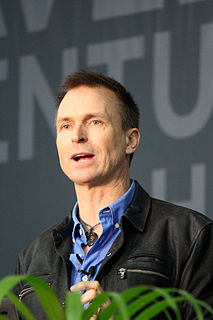A Quote by Darren Shan
We all make basic assumptions about things in life, but sometimes those assumptions are WRONG. We must never trust in what we assume, only in what we KNOW.
Related Quotes
If others tell us something we make assumptions, and if they don't tell us something we make assumptions to fulfill our need to know and to replace the need to communicate. Even if we hear something and we don't understand we make assumptions about what it means and then believe the assumptions. We make all sorts of assumptions because we don't have the courage to ask questions.
We have a tendency to make assumptions about everything! The problem with making assumptions is that we believe they are truth. We could swear they are real. We make assumptions about what others are doing or thinking-we take it personally-then we blame them and react by sending emotional poison in our word. That is why whenever we make assumptions, we're asking for problems. We make assumptions, we misunderstand, we take it personally, and we end up creating a whole big drama for nothing.
I'M INTROSPECTIVE, because sometimes I want to take "our" side without looking at the facts in situations like these. Sometimes I feel like it's us against them. Sometimes I'm just as prejudiced as people I point fingers at. And that's not right. How can I look at white skin and make assumptions but not want assumptions made about me? That's not right.
There will be some fundamental assumptions which adherents of all the variant systems within the epoch unconsciously presuppose. Such assumptions appear so obvious that people do not know what they are assuming because no other way of putting things has ever occurred to them. With these assumptions a certain limited number of types of philosophic systems are possible, and this group of systems constitutes the philosophy of the epoch.
Intersectionality has made an important contribution to social and political analysis, asking all of us to think about what assumptions of race and class we make when we speak about "women" or what assumptions of gender and race we make when we speak about "class." It allows us to unpack those categories and see the various kinds of social formations and power relations that constitute those categories.
I try to encourage people to think for themselves, to question standard assumptions... Don't take assumptions for granted. Begin by taking a skeptical attitude toward anything that is conventional wisdom. Make it justify itself. It usually can't. Be willing to ask questions about what is taken for granted. Try to think things through for yourself.




































